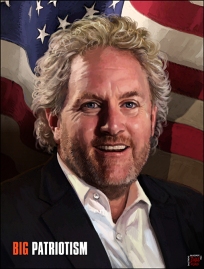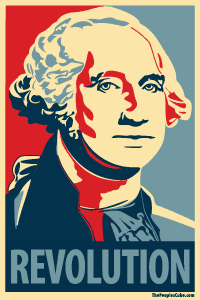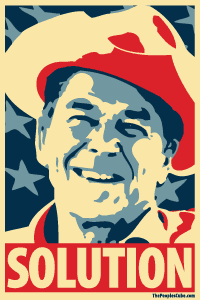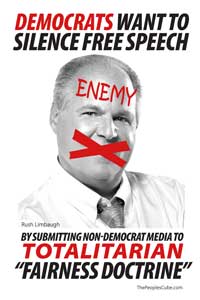By Daren Jonescu | May 19, 2012 | American Thinker
The primary reason why it is so difficult to defend political liberty today is because freedom is a rational construct, and thus cannot be understood by the irrational. Children, or adults whose moral reasoning skills are stalled at childish levels, are unable to experience it — they literally don’t know what they are missing.
This is why authoritarians of all stripes are hell-bent on producing and maintaining a society of childish citizens: dependent, trusting of the hand that feeds, obedient, pleasure-centered — perhaps capable of proficiency in well-defined tasks, but frightened, above all else, of being left to “fend for themselves.”

 Originally published June 26, 2004
Originally published June 26, 2004 During the eighteenth century, natural law philosophy was popular among some of the deists and favored by some leading philosophers like Locke, Hobbes, Montesquieu, and Kant. This stream of thought influenced the American founding Fathers. All these philosophers except Kant built their foundation upon nature in order to develop ideas of natural law. Man has a nature. Therefore, there must be a natural law and a moral law suitable to man to govern human conduct. Reason can discover this moral law. Some natural law philosophers such as Locke and Kant had ideas that were not far on some points from the universal moral law of Christian theology and of Stoicism. The similarities were especially noticeable on issues which had political and legal implications.
During the eighteenth century, natural law philosophy was popular among some of the deists and favored by some leading philosophers like Locke, Hobbes, Montesquieu, and Kant. This stream of thought influenced the American founding Fathers. All these philosophers except Kant built their foundation upon nature in order to develop ideas of natural law. Man has a nature. Therefore, there must be a natural law and a moral law suitable to man to govern human conduct. Reason can discover this moral law. Some natural law philosophers such as Locke and Kant had ideas that were not far on some points from the universal moral law of Christian theology and of Stoicism. The similarities were especially noticeable on issues which had political and legal implications.






